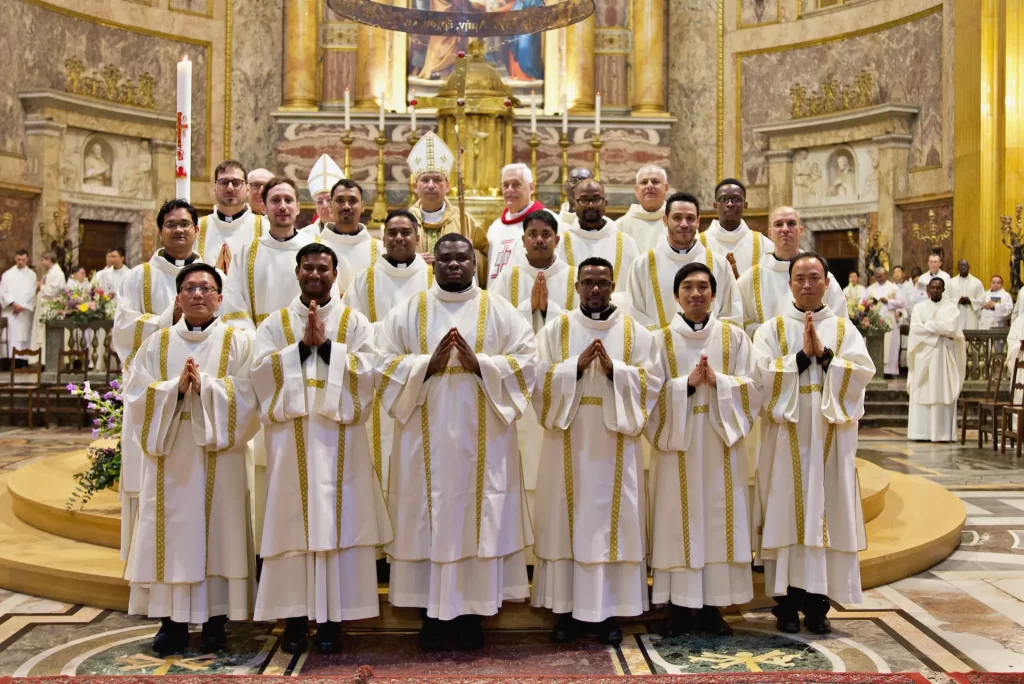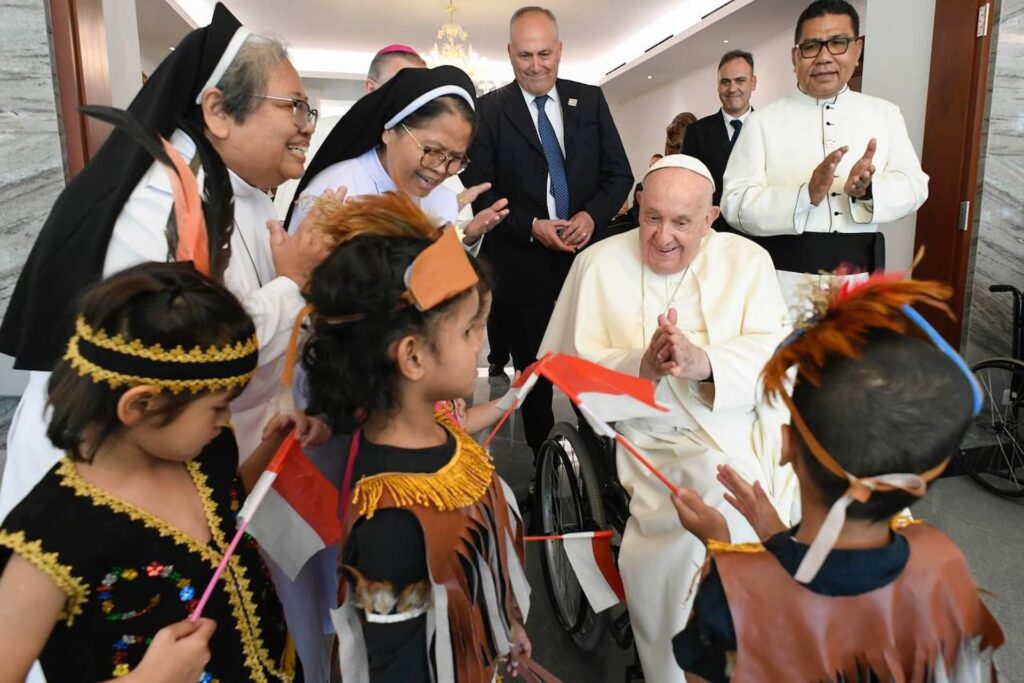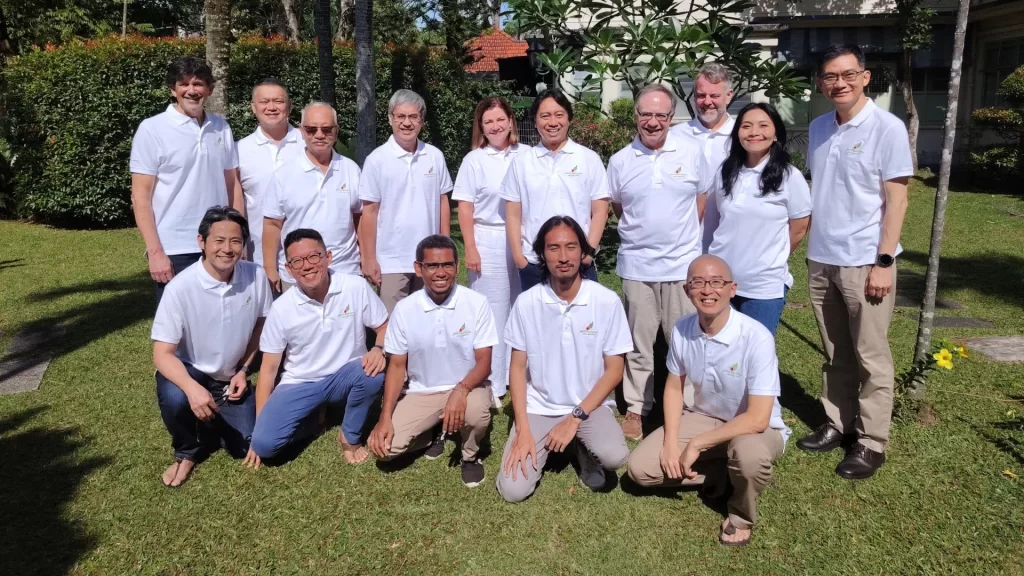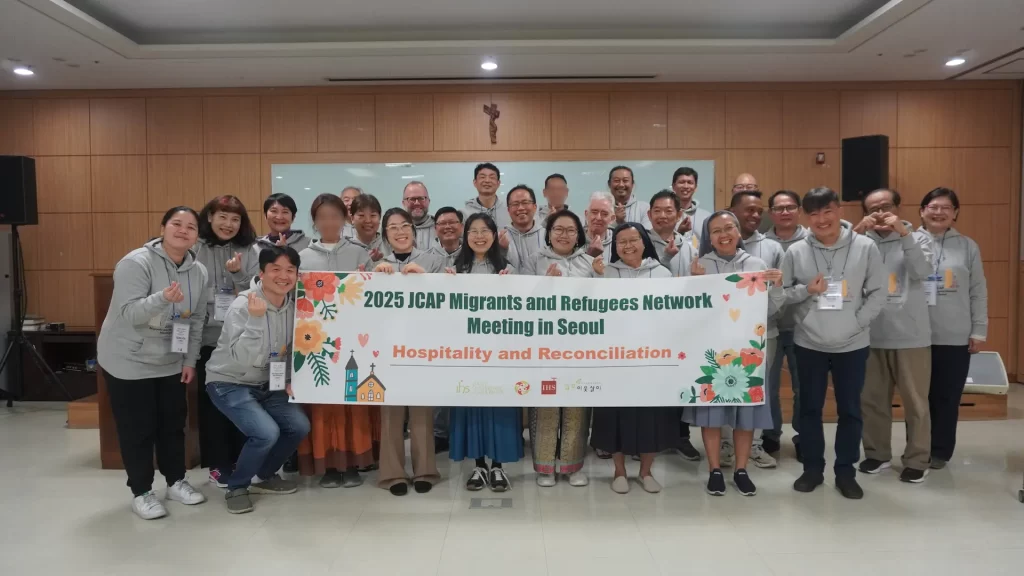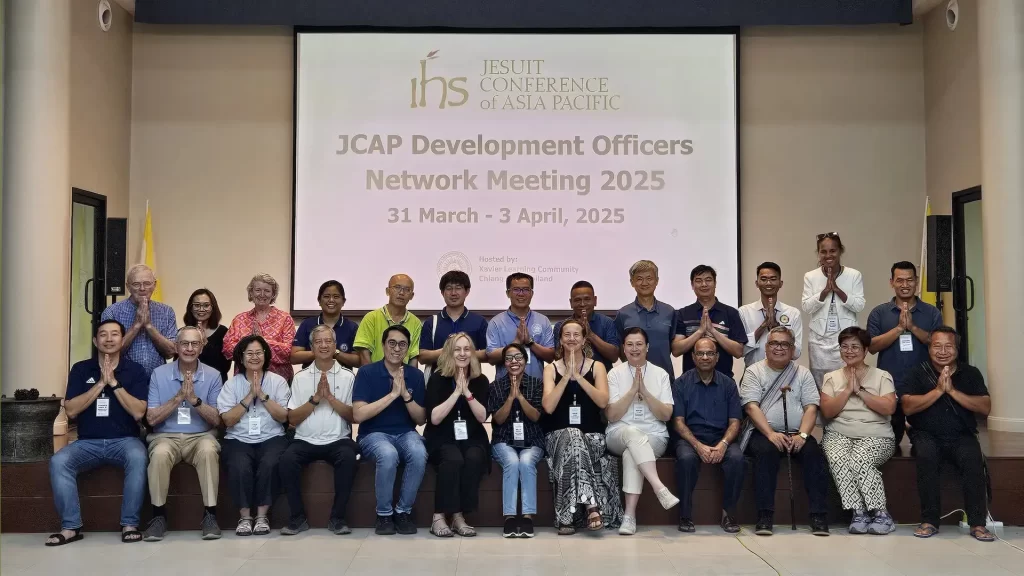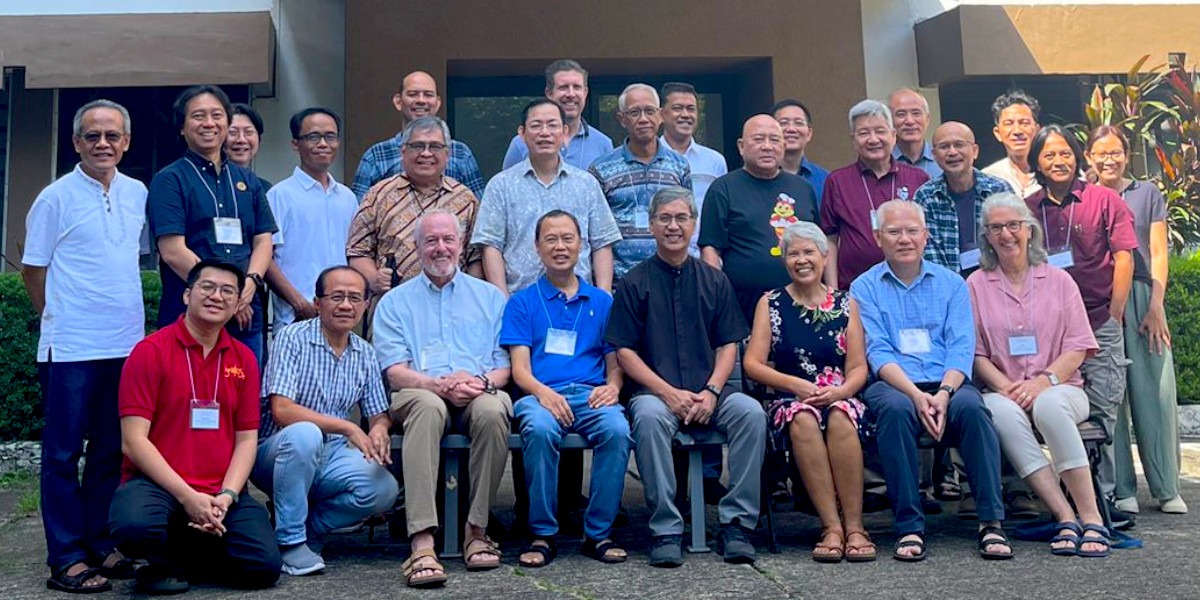
This Extended Consult, comprising nearly 40 Jesuits and lay partners, met from 16 to 18 October at the East Asian Pastoral Institute in Manila for an examen of the JCAP life-mission within the context of the recently released De Statu Societatis document and the ongoing implementation of the five-year JCAP plan.
The spiritual conversations unveiled a deep sense of gratitude for what has been accomplished, what is currently underway, and the plans ahead. The diversity, generosity, energy, and strength of the missions and regions, namely Cambodia, Myanmar, Timor-Leste, and recently, Pakistan, as well as the East Asian Pastoral Institute and Arrupe International Residence, were cited as strong examples of collaboration within JCAP.
However, there was also a spirit of audacity and freedom to reimagine the conference given current realities. The reflections from the more than 20 networks, which were presented for prayerful reading, offered a rich source of inspiration for exploring new directions and opportunities for creative collaboration.
“It is not likely that limited personnel and finances will change in the next decade or so, so we need to think of ways on how we can do things better and more efficiently,” shared Indonesian Provincial Fr Benny Juliawan SJ.
The secretaries and coordinators displayed a readiness to acknowledge limitations, noting that perhaps the answers lie not in creating more networks to achieve the target outcomes but in opening up more avenues for inter-sectoral and inter-conference collaborations, particularly with South Asia, and refining their mechanisms.
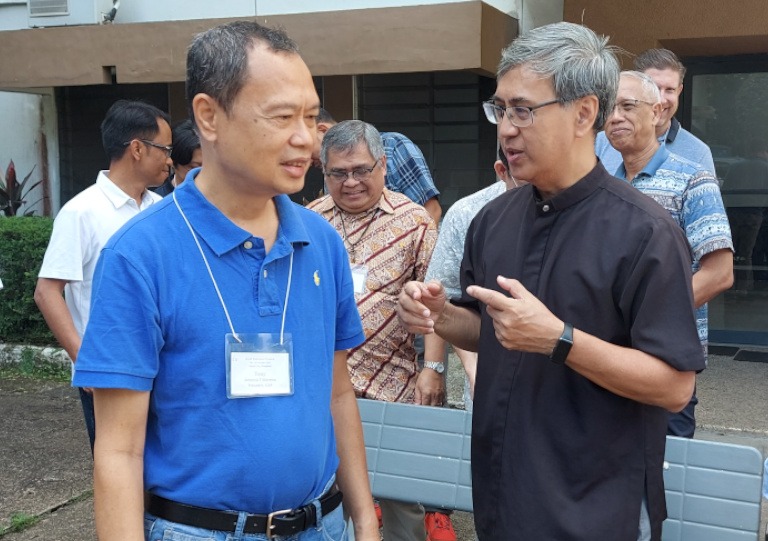
For collaboration to succeed, though, communication is key, and the group recognised that they should significantly increase their efforts in exchanging information. “Not by making more projects, but by sharing stories, is part of how we can reimagine our conference,” said Fr Priyono Marwan SJ, co-instructor of the Asia Pacific Tertianship programme.
Brother Stephen Trần Thiên Kinh SJ, convener of Jesuit brothers, pointed out that the focus should extend beyond “what the Jesuits do” to encompass, more importantly, “who the Jesuits are”. Thus, concerted emphasis should be placed on formation and vocation promotion.
This Jesuit and Ignatian identity was a key point of the address of JCAP President-elect Fr Primitivo Viray Jr SJ, who participated in the Extended Consult for two days of the meeting.
He emphasised: “We have the tools, communal discernment, and the Spiritual Exercises. If we want to reimagine JCAP, we have to ground it in the Spiritual Exercises.”
He underscored the principle that reality is more important than ideas, affirming the need to accept where the conference currently stands amidst challenges and blessings. However, he also reminded them of Pope Francis’ message that time is always much greater than space. “Whatever our current economic, social, or political situation, we must not be stuck in that space but must always look to time, which goes beyond a particular point in space,” he stressed. Time is what propels us forward, so we can live more in hope.
JCAP President Fr Tony Moreno SJ, looking at Fr Viray, smiled, turned to the assembly, and assured them: “The conference is not in good hands; it is in better hands.”

